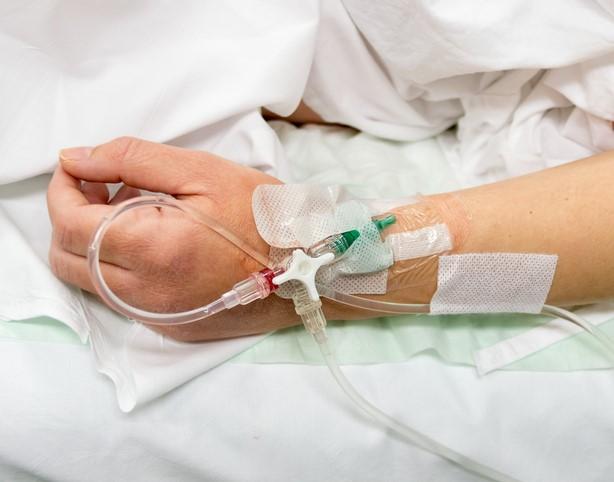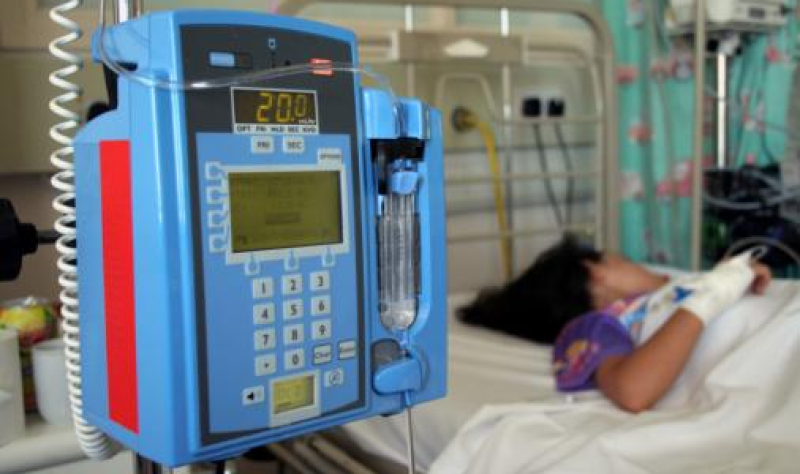What the end of CDC’s COVID cruise ship program means for travelers

After the Centers for Disease Control and Prevention ended its COVID-19 Program for Cruise Ships last week, cruise lines have announced changes to their health and safety protocols.
The CDC issued new COVID-19 guidance for cruise ships on July 20, with updated health and safety recommendations. The agency said cruise lines should consider mandating viral tests for travelers close to departure, and “highly” recommended testing within one day of embarkation.
However, some lines have dropped those rules. Here’s what passengers can expect.
Is the cruise industry coming back? After more than 2 years under a COVID cloud, the answer is yes.
‘More than I hoped for’:This is what it’s like cruising with a disability right now
How are the rules for travelers changing on cruise ships?
► Royal Caribbean Group will drop its testing requirement for vaccinated passengers on some voyages, the company said Thursday. Beginning on August 8, testing will be only be required for vaccinated guests on sailings that are six or more nights, and will be required for unvaccinated guests on all trips according to a news release.
President and CEO Jason Liberty told USA TODAY that “sometime in the next 30 to 45 days” the company also expects to drop the testing rule for vaccinated passengers on longer voyages, where local requirements allow.
“We’re highly focused on making sure that our guests and our crew are safe and healthy at all times,” he said, and noted that the company will continue to operate “highly vaccinated” sailings.
Liberty added that Royal Caribbean Group will monitor the situation and “modify protocols as needed.”
► Virgin Voyages said last week it would drop its pre-embarkation testing rule.
“Virgin Voyages has responded immediately to the CDC’s decision to discontinue their voluntary COVID-19 Program for Cruise Ships and will mirror the rest of the travel industry in removing pre-embarkation testing for sailings from July 24 on EU sailings, and from July 27 on US sailings,” the cruise line said in a news release.
Vaccine requirements will remain in place, but the cruise line said it “is currently evaluating this policy and will announce further updates in the near future.” Virgin will also allow 10% of passengers to be unvaccinated on U.S. sailings, and travelers can contact Sailor Services about booking.
► Azamara announced last week that it would drop its COVID-19 embarkation testing rule on July 25, “excluding ports where it is still required in accordance with country regulations,” the company said in a news release. The line will still require proof of vaccination.
► Margaritaville at Sea also said it would scrap its pre-embarkation testing requirement for vaccinated passengers as of July 23, according to a press release. The cruise line recommends those guests still test prior to departure.
What happened to the CDC’s COVID-19 Program for Cruise Ships?
The CDC announced that the program ended July 18 on its website, saying in a Frequently Asked Questions section that vessels “have access to guidance and tools to manage their own COVID-19 mitigation programs.”
The agency added that though “cruising poses some risk of COVID-19 transmission, CDC will continue to publish guidance to help cruise ships continue to provide a safer and healthier environment for crew, passengers, and communities going forward.”
Ships will still report cases to the CDC, the agency said.
Earlier this year, the CDC moved to a voluntary COVID-19 program for cruise ships. Those that participated agreed to follow the agency’s recommendations on health and safety protocols like testing and vaccination.
The change comes as cruise travel is returning to normal more than two years after the pandemic brought the industry to a halt.
How can passengers learn about outbreaks on cruise ships?
The CDC has discontinued the cruise ship color status page on its website, but the agency said in the Frequently Asked Questions section that customers can reach out to cruise lines about outbreaks on their ship.



